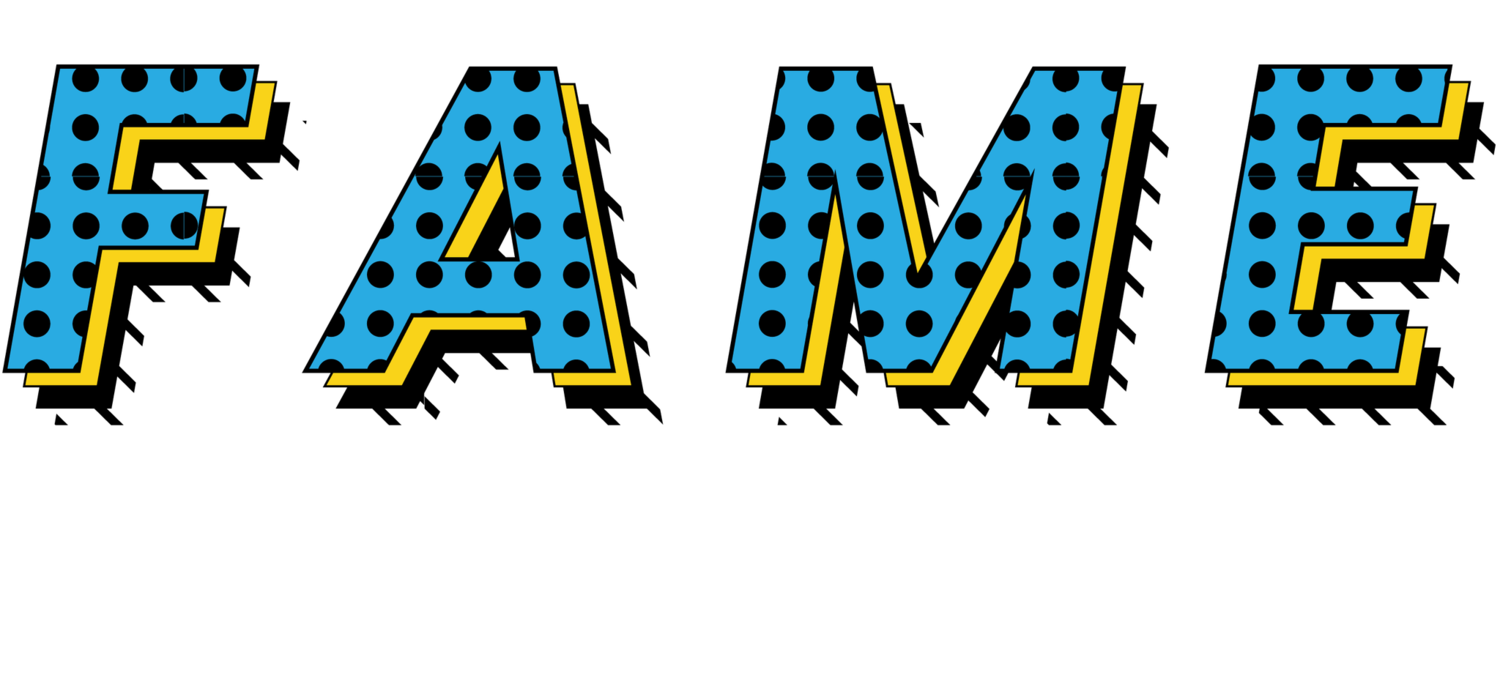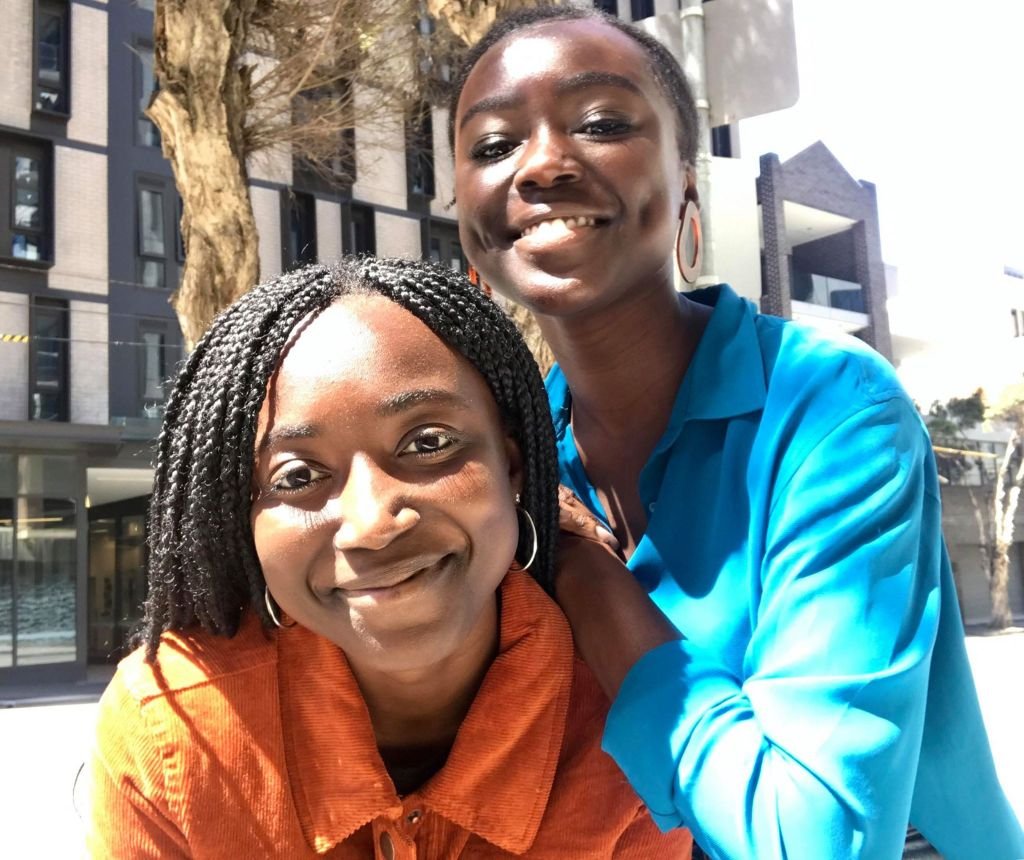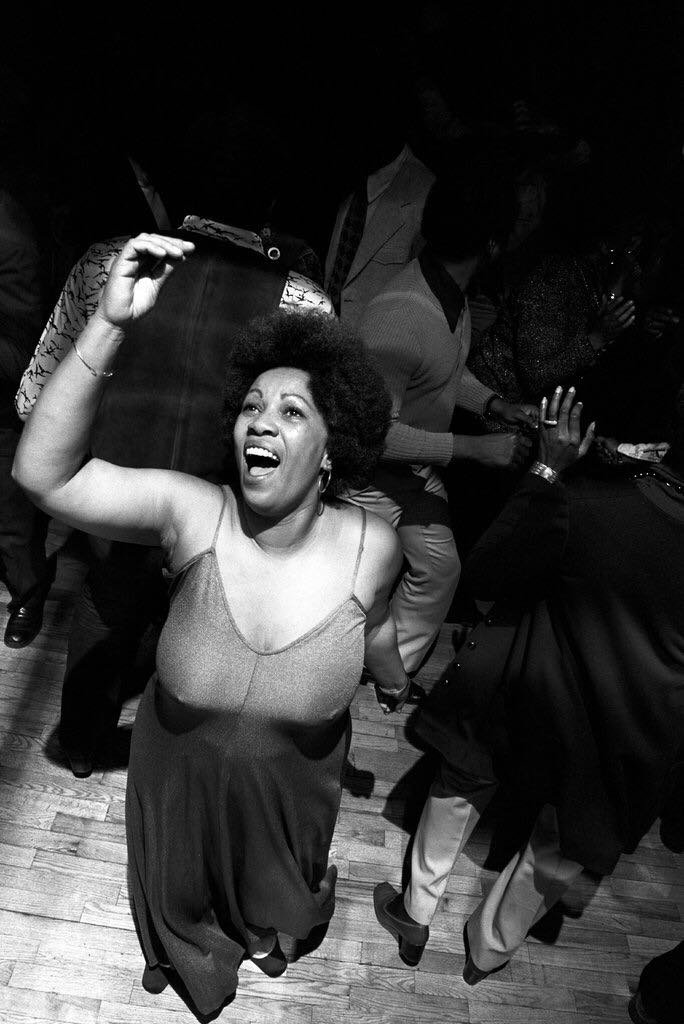‘The Subtlety of It’ with Nana
Tell us a little bit about your podcast and its content!
The Subtlety of It is about small aspects of our identity which affect us in not so subtle ways. We unpack things that feel so normalised, like hair or our names. We also unpack things that are overlooked because they’re uncomfortable and they make us confront ourselves, such as racism, money, colonization, feminism. Things that really make us take a hard look in the mirror and do some introspection. All of that this on a foundation of vulnerability and nuance. Really getting into the nitty gritty of this world and how we live in it. We also just have some banter along the way. Introspection is hard enough; we may as well laugh and drag ourselves too – it’s part of the process.
What inspired you to start a podcast while in Law School (let alone first year!) ?
In terms of starting it last year, it just happened to happen at that time. I’d been thinking about doing a podcast for years, I just never had the confidence to do it. I’ve heard a lot of, ‘oh law school is so busy there’s lots to do’ and yeah, I do struggle to balance the podcast, but we’re only going to keep getting busier. I feel like at this point in my life, I don’t have dependents, and I probably will look back and think man did I have time. So, I kind of feel like if I don’t do it now, when is it going to happen?
It was also feeling really suffocated. I say this all the time about my podcast: my motivation was primarily selfish as to why I wanted to do it. I’m really humbled and grateful that it’s had reach that is bigger than me. Being at law school was a reminder that I needed that oxygen, right now. As a black woman in law and more generally in society, I feel that I’m at a constant crossroads between hyper-visibility and erasure. It’s exhausting. But I also know that there is so much power in my identity. Being at a white institution and not seeing anyone who looks like me, I’m like: I need to create something and stop waiting for it to appear. I think that’s what the final push was.
Nana with her sister and producer, Awura Abena.
One day I was with my friend at Very Good Falafel (miss that place). She told me how about this media company that produces content by young people for young people. I went to an info session but didn’t go back for a year and a half. Then on my birthday, someone emailed me and said “hey, Creative Victoria is doing a podcast incubator program.”
I ended up applying for it and was lucky enough to get it. That support and grant from Creative Victoria was a big way that I was able to get the infrastructure to record. At the beginning I was using a studio, but since Covid I’ve purchased equipment. In terms of editing, I use Adobe and learnt using good ole YouTube, making mistakes and figuring it out as I go.
In terms of how law school has changed or shaped my voice- I don’t think it’s changed my voice; I think it’s confirmed it. I’ve been re-reading some Toni Morrison and she said, I think it was: ‘freeing yourself was one thing, claiming ownership of that freed self was another’. And I think what this podcast really has confirmed is that we need to take ownership of who we are and our identity and really stand in that in full and with confidence.
Image: Toni Morrison from New York Times
We have to have these conversations. We have to demand and carve out space for it. And a huge part of that is being vulnerable and sharing what you’re unlearning and still processing. And I think I’ve just become a lot more kind to myself in terms of where I am now as a person. We’re all on this rocky road between balancing childhood traumas, and our careers and all the things in-between, and it’s a joy to talk with people about as they process. So, I think ownership.
“That is what it’s given me: ownership over my voice.”
Based on the research and reflection and you’ve done for your content, what are some of the most critical issues in the legal industry or in society at large that need to be addressed?
First, in terms of the legal industry, I think we are uniquely positioned to critique the law as law students. My podcast is essentially about nuance and this exercise has reminded me that too often, we intentionally overlook the history of the law and the foundations it has been built upon. Yes, as a law student I believe in the ability of the law to do good. But it’s also justified violence. Look at our Indigenous and first nations people in Australia. Look at our criminal justice system and the racial and class disparities. But the good thing is that there is an ability for it to change and deliver justice. But I think just critically, analyzing the system that we’re learning in the first place and acknowledging its history, and how it oppresses people is so important in terms of people being able to trust in it and believe that the law can protect them.
Secondly, diversity. I want to see diverssityyyy– of skin tone, race, sexuality, class, ability and more! We often settle for ‘at least there’s one black person’. But that’s not enough, we need to demand more from diversity. I think it really has to start with elevating the least represented. I think that it is needed in the law desperately.
There’s a saying by Audre Lorde: “the master’s tools can never dismantle the master’s house.” I think about this often and the complexities of its meaning. I haven’t come to a conclusion. But I often think- should we just be starting our own shit? I’m not just looking for a seat at the table, I’m looking to create new tables.
Image Credit: Audre Lorde from Newstatesman
When you are in predominately white spaces, you’re dealing with respectability politics, racism etc. I think it is necessary that we have people working to change systems which don’t facilitate or celebrate diversity. But I think concurrently, we need those who are creating new shit that is built on foundations that are, from the ground up, accessible and radically inclusive.
What is your favorite episode that you have done on your podcast so far?
My favorite one is ‘Subtleties of Raising Yourself’. We reflected on upbringing, independence, being working class, parental love and the process of unlearning. While I’m so grateful for the life I’ve had and to my family who brought me here, I still have a lot of pain that I’m working through and trying to not pass on generationally. So, I think it was necessary to unpack those things and also have a bit of fun along the way. It was with my sister, who I do a lot of episodes with. I think that episode brought some kind of healing, honestly. And I remember I was really scared for my mum to hear it. But then she texted me said, ‘this is like therapy’. I realised- she’s still learning too! So yeah, I’d say ‘Raising Yourself’ was a good lesson in independence and love and many other things. I also love Subtleties of Male Vulnerability. It was such a pleasure to talk with men about masculinity, emotions and intimacy.
Nana: what episode ideas do you have in the works?
I think it’s a privilege to use my platform to elevate people who have a different life experience to me. I’m looking forward to speaking to women about wearing a hijab. I’m also looking forward to talking a little bit about romantic love.
Oh! And this is big one. At the end of last season, I did an episode called ‘Subtleties of Shutting Up’. It was spicy but necessary. The podcast is usually about talking with people, not necessarily talking directly to people.
Nana with podcast guests Ayman and Patrick
But that episode was talking directly to people and looking at, particularly as black African women, our experiences navigating allyship, racism, feminism and more. I think I’m going to do a similar one that looks at colourism and bring on voices from different parts of the world.
And one last one I’ll say: the next one I’m going to do is about how our names impact us. So yeah, some cool ideas in the pipeline!
Who would be your dream podcast guest?
What comes to mind immediately is incredible, strong black women. Like Michelle Obama would be sick, or Rihanna. But also, I think my Grandma? I really enjoy having people on the podcast who are just normal people that I know. And my Grandma, she’s like a savage. She’s just so funny. She lives in Ghana and has had such an interesting life.
Image: Nana’s Grandma
I haven’t seen her in many years sadly but from what I hear, she bosses the whole village around and it’s incredible. So: Grandma or Michelle Obama.






